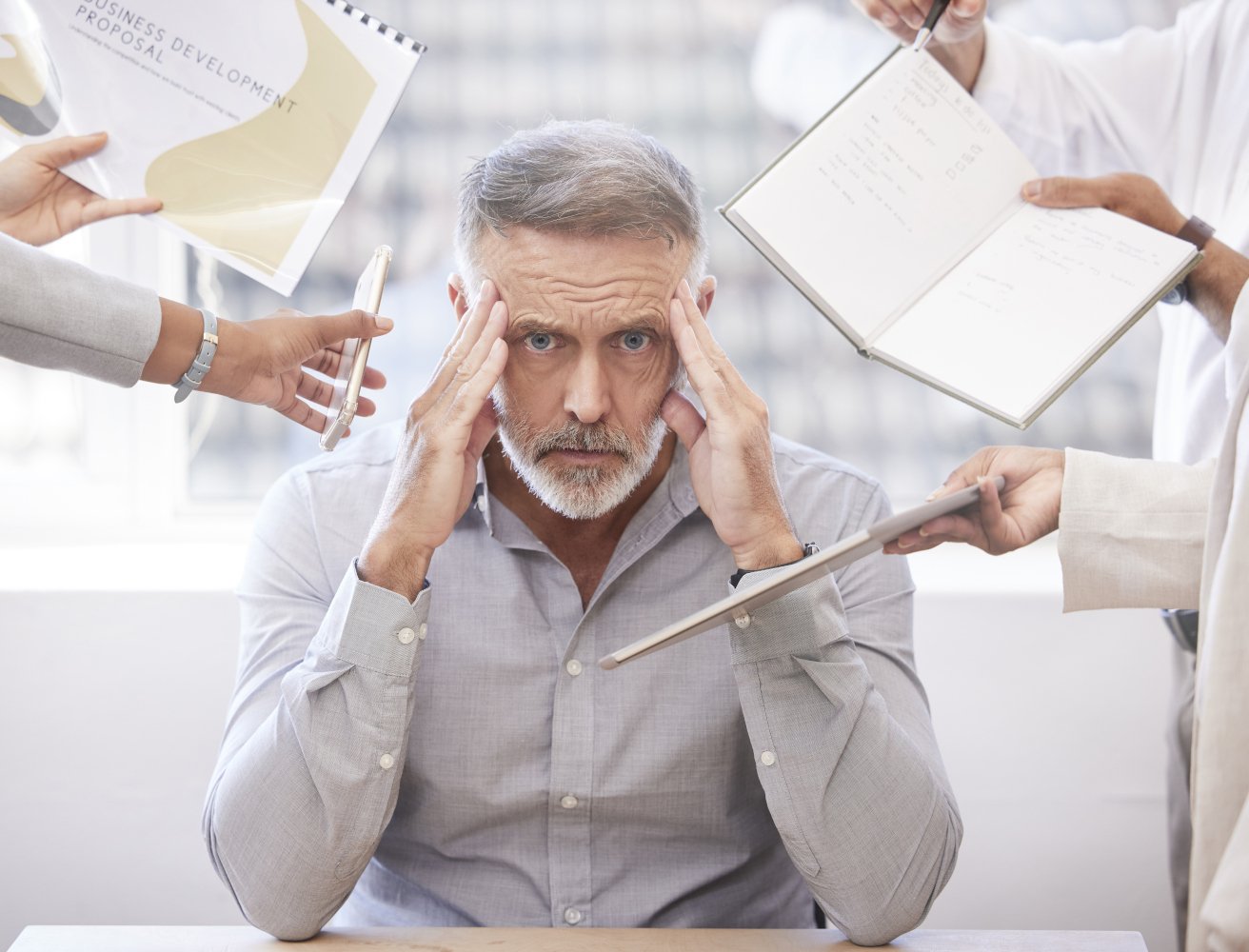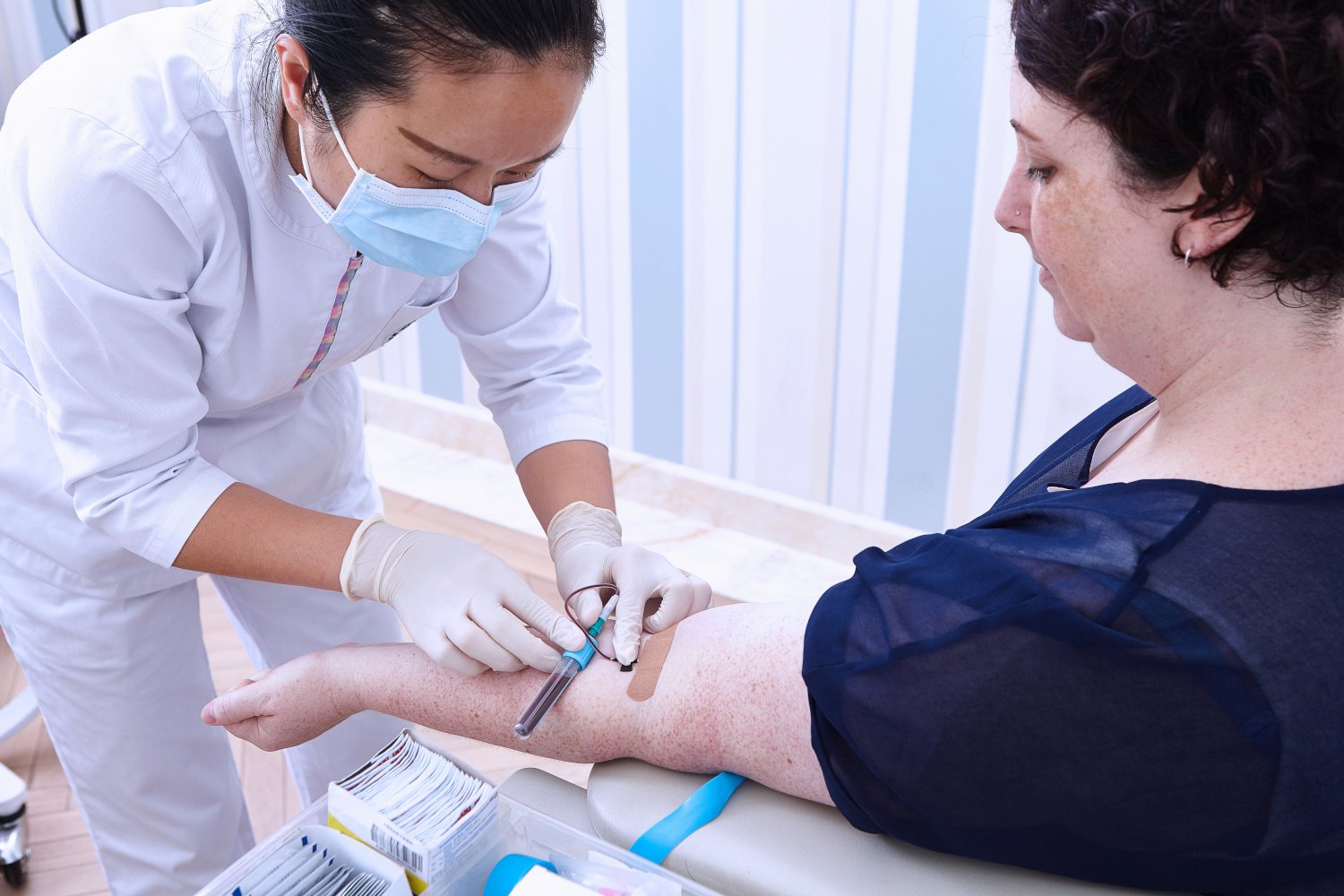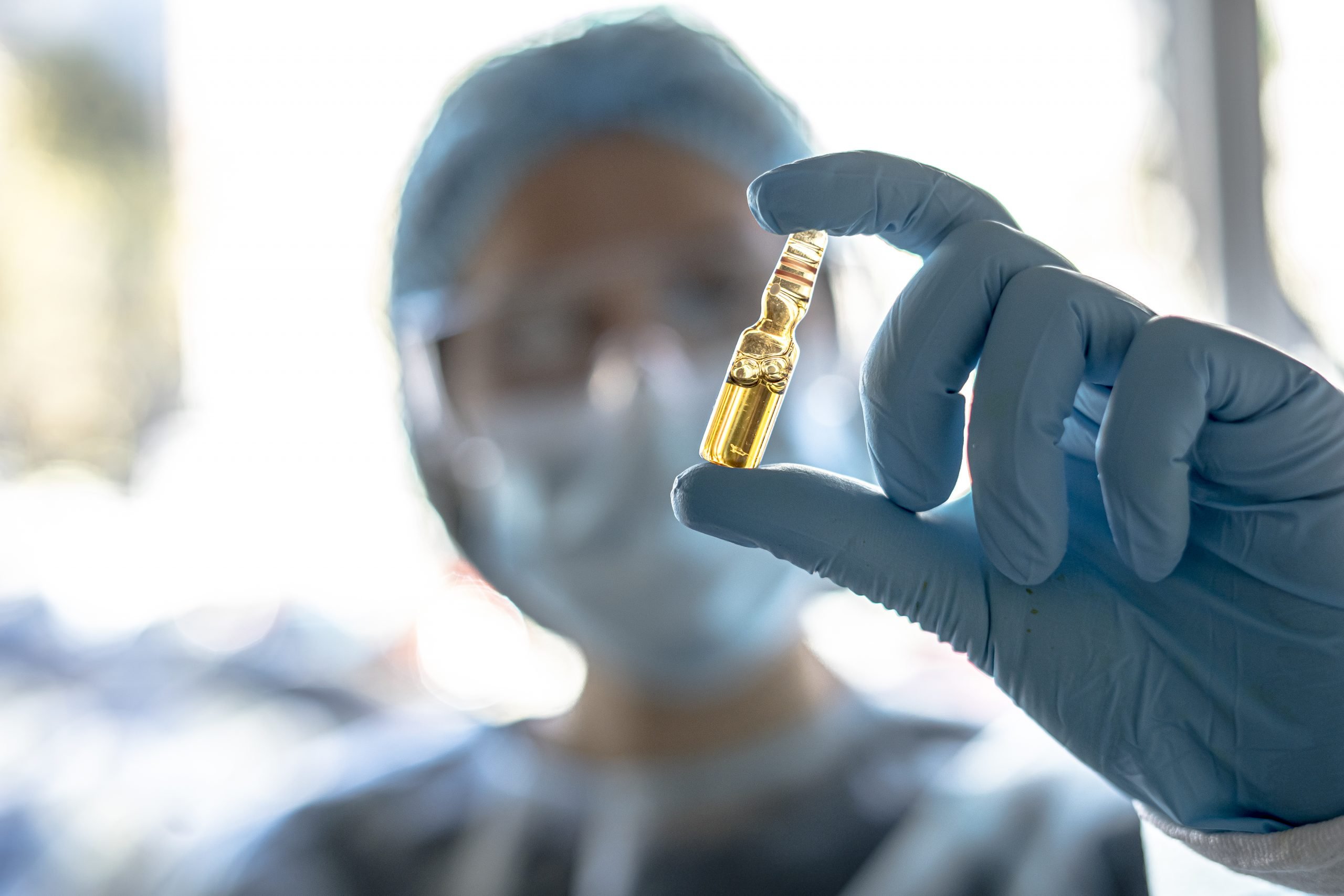The American Society of Regional Anesthesia and Pain Medicine, the American Academy of Pain Medicine, and the American Society of Anesthesiologists have released consensus guidelines on the use of intravenous (IV) ketamine for the management of acute pain.
“The use of ketamine for chronic pain has skyrocketed, and because it is an off-label use of a generic drug, there has not been FDA oversight. This has led to a wide range of indications, and lack of standardization regarding indications, contraindications and dosing,” Steven P. Cohen, MD, a professor of anesthesiology and critical care medicine at the Johns Hopkins University School of Medicine, and a leading author of the new guidelines, told MD Magazine. “These guidelines have tried to provide a framework for major issues for which there is no consensus.”
The guidelines were developed to cover the following areas, all of which the group of authors was able to reach consensus on:
- Indications and contraindications for acute pain and whether they differ from those for chronic pain.
- Evidence for the use of ketamine as an adjunct to opioid-based therapy.
- Evidence supporting patient-controlled ketamine analgesia.
- Use of nonparenteral forms of ketamine.
- Subanesthetic dosage range and whether the evidence supports those dosages for acute pain.
The guidelines note that there is a variety of supporting evidence for the use of ketamine as a stand-alone option, adjunct to opioids, and—to a smaller degree—as a formulation for intranasal use. The contraindications agreed upon for acute are similar to those for chronic pain, in part, according to Cohen and colleagues, due to dosing range similarities.
“Larger studies evaluating different acute pain conditions are needed to enhance patient selection, determine the effectiveness of nonparenteral ketamine alternatives, define optimal treatment parameters, and develop protocols optimizing safety and access to care,” they wrote.
Ultimately, the guidelines sought to clear up the confusion about the therapy, some of which is a result of different regulations at the state level. Maryland, for example, considers ketamine an anesthetic, so nurses cannot push for its use, thus the guidelines try to define what is an anesthetic or subanesthetic dosage, Cohen said.
Here is the full research PDF.



























